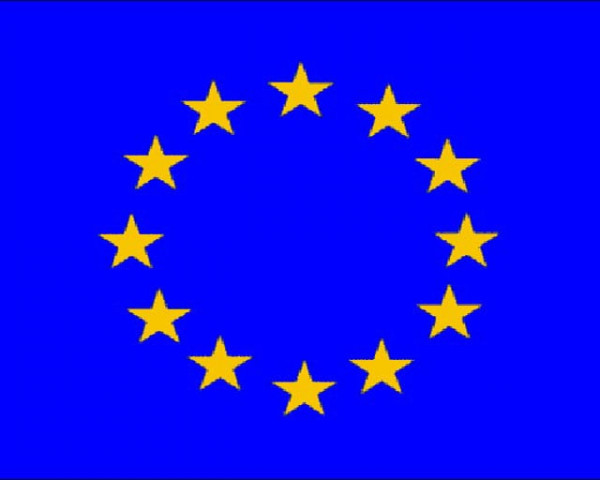Indian opposition scuttles EU trade deal
WTO panel rules against concessions being offered to Pakistan by Europe.

The WTO's committee on customs valuation of the Council for Trade in Goods, known as the CGT, on Monday took up the matter of the EU giving Pakistan a limited 3-year tariff concession on 75 items. The committee did not approve the concessions after the EU disclosed that the con sultation process with countries that oppose the trade deal for Pakistan was incomplete.
Despite stiff opposition from India, the EU is still hopeful that a solution can be found in time for the WTO General Council meeting.
“It is, of course, disappointing that some members of the WTO still oppose the trade concessions for Pakistan,“ said Lars-Gunner Wigemark, the head of the EU delegation to Pakistan. “Consultations are ongoing with all countries concerned, in particular India, and we are hopeful that the systemic and economic issues involved can be addressed in a satisfactory manner.“
The EU had offered those concessions to Pakistan in the aftermath of the 2010 floods, which devastated large parts of the country. Under the global trade rules, the package had to be endorsed by the WTO. The rules bound the CGT to make a decision on the matter within 90 days. The committee convened three meetings within the stipulated time.
The EU did not formally put the deal forward for a vote, as its rejection would have closed the doors on the deal permanently.
The matter has now been referred to the WTO's General Council that will tentatively meet on May 3, ten months after the July 2010 floods. For the last six years, Pakistan has been striving for tariff-free access to European markets, but its efforts had been rebuffed by the EU.
Islamabad's chances for succeeding in securing a deal with the EU increases after the 2010 floods, which created a sympathetic atmosphere in Brussels.
In September 2010, the European Council approved tariff concessions on 75 items.
The total worth of the items exported under these tariff lines is $1.03 billion and the average tariff on these items is 8.86 per cent. Under the EU proposal, the tariff would be reduced to zero for a period of three years.
If the WTO approves the package, and it also gets endorsed by the European Parliament, it will increase Pakistan's exports to the EU by $350 million over three years.
Published in The Express Tribune, March 22nd, 2011.



1724319076-0/Untitled-design-(5)1724319076-0-208x130.webp)















COMMENTS
Comments are moderated and generally will be posted if they are on-topic and not abusive.
For more information, please see our Comments FAQ